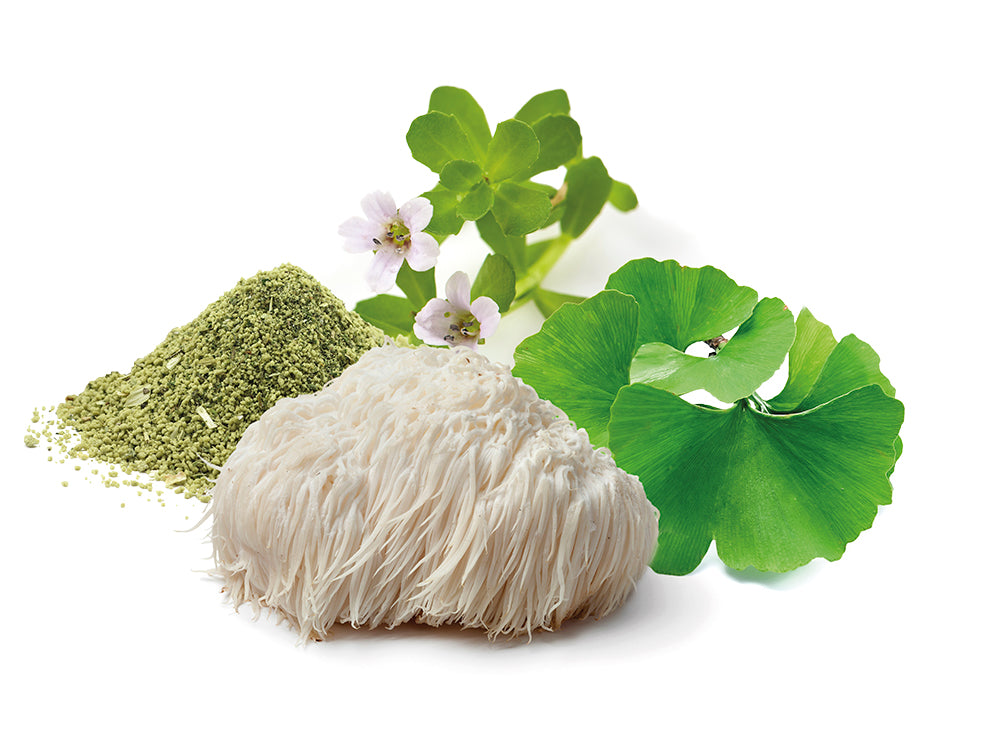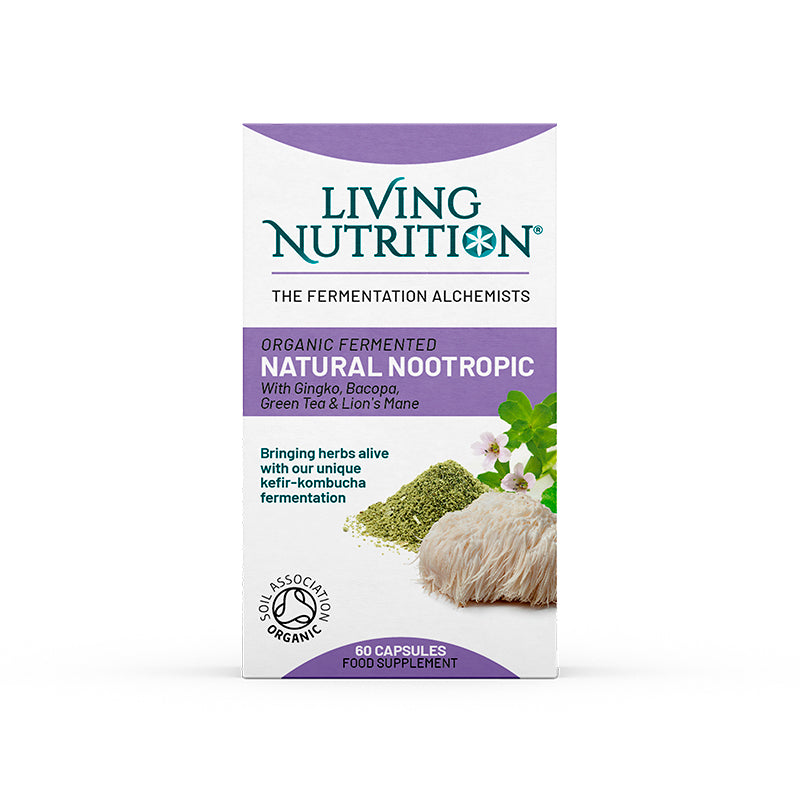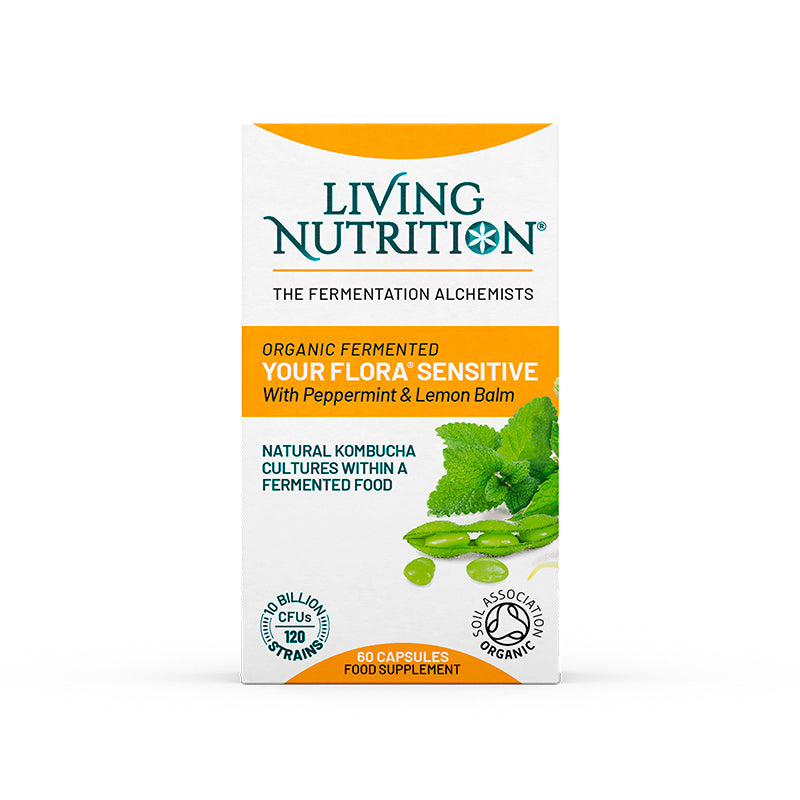
Meet the herb
Benefits


Key actives
COMBINE WITH…

Your Flora Sensitive for nourishing the gut-brain link

Rhodiola for mental and physical performance
References
1: https://www.ncbi.nlm.nih.gov/pmc/articles/PMC3746283/
2: https://pubmed.ncbi.nlm.nih.gov/11498727/
3: https://pubmed.ncbi.nlm.nih.gov/23320031/
4: https://pubmed.ncbi.nlm.nih.gov/21061003/
5: https://pubmed.ncbi.nlm.nih.gov/12404671/
6: https://pubmed.ncbi.nlm.nih.gov/11026748/
7: https://pubmed.ncbi.nlm.nih.gov/24266378/
8: https://pubmed.ncbi.nlm.nih.gov/35041248/
9: https://pubmed.ncbi.nlm.nih.gov/22840457/
10: https://pubmed.ncbi.nlm.nih.gov/28899506/
11: https://www.frontiersin.org/articles/10.3389/fnagi.2022.919766/full
12: https://www.sciencedirect.com/science/article/abs/pii/S0944711317300867
13: https://pubmed.ncbi.nlm.nih.gov/29676230/



